Strengthen Your Brothers (Luke 22:24-34) 11/3/2024
Eternal Answer of 1st, 2nd, 3rd RUTC:
Strengthen Your Brothers (Luke 22:24-34) 11/3/2024
In this passage, Peter undergoes a painful failure. What kind of person is Peter we know well? He was the disciple who loved and served Jesus from the closest distance. Notably, in Matthew 16:16-19, he was the first to realize that Jesus was the Christ, confessed it, and received a promise of blessing. This blessing was monumental. Jesus called him the rock upon which the church would be built, the gates of Hades would not overcome it, and that He would give him the keys of the kingdom of heaven. We, too, are living as people who understand this Christ and experience such blessings in our time. When Jesus went up the Mount of Transfiguration, He took Peter along with James and John, out of the twelve disciples (Matthew 17:1).
But this Peter, during the time when Jesus was held captive to be put into suffering, committed a critical failure and faced shame. He denied Jesus three times, swearing and cursing, in front of a young servant girl (Matthew 26:72-74).
However, after overcoming this painful and shameful period, Peter rose again to become a missionary who would go on to save the world. Through him, God recorded the Books of 1st and 2nd Peter, and he ultimately became a martyr under the persecution of the Roman emperor Nero, alongside Paul, who, as mentioned in last week’s message. Paul was beheaded, while Peter is said to have been crucified upside down.
From this, we arrive at two important questions. First, like Paul from last week, does God only use people like this? Second, did God know that Peter would fail? If He knew, why didn’t He prevent it? We may ask the same questions about our own pains and failures or the pains and failures of others. If we don’t understand the hidden plan of God in these situations, even the faith we have can collapse. We need to find the answers.
- God knew of this failure and allowed It.
1) God, who is all-knowing and all-powerful, knew and even in that time He was with Peter (Psalm 139:1-10). What does this mean? Does it mean that God made him fail? Scripture says not to make that excuse (James 1:13-14). This failure came from human desire. There’s also Satan, who tempts and stirs up hidden wounds and desires to make us fall.
2) Jesus not only knew of Peter’s failure but warned him about it because He was aware. He even allowed it. Verse 31 says that Satan came to Jesus and asked for permission to “sift Peter like wheat.” Here, theological interpretation emerges everything that happens in the world and to humans is according to God’s predetermined will (Decree) for a holy purpose (Westminster Shorter Catechism, Question 7). Nothing happens by chance (Matthew 10:29). In terms of our salvation, God even uses the term “predestination” (Ephesians 1:5, 1:11).
3) Within God’s decree, there are two types: absolute decree and permissive decree. Absolute decree is God’s unchangeable purpose prepared for His glory (God’s creation, preservation, governance). Permissive decree is when God allows events due to human desires, but even this is used for His glory. For instance, God allowed Satan to test Job as part of His permissive decree. The failure of Peter here is also a permissive decree.
- Why did He allow it? Why didn’t God prevent Peter’s shameful and painful failure?
In short, God was giving Peter an opportunity to truly become a disciple of Christ (Romans 8:28).
1) God provided at least three opportunities
① This is a time to expose hidden desires and weaknesses so they could be healed. Peter confessed Christ and walked the path of discipleship, but his journey wasn’t complete. The same goes for us. Although we are justified through Christ’s blood, we still have the residue of sin (influences from family and upbringing, past experiences, trauma, inferiority complexes, desires, selfishness). Peter was within this. God would not leave us in a state where we keep falling and repeating the same mistakes due to these unresolved issues.
② It is an opportunity to mature into a complete image of Christ (James 1:3-4; 1 Peter 1:7). Ultimately, humans learn through failure. Before judging others for their failures, look at the plank in your own eye (Matthew 7:3), and first see your own weaknesses and shame, then kneel in humility. The Bible records all these failures for this reason (1 Corinthians 10:12).
③ It is an opportunity to enter deeper into God’s grace and love. After true repentance and experiencing shame, one does not give up but starts anew. This is why Peter wept bitterly (Luke 22:62). After this, Peter went on to spend his life saving others like himself and finally went to God through the death of a martyr. For the day that Peter stands back up to be used, Jesus prayed for Peter, saying, “that your faith may not fail” (Luke 22:32; Romans 8:26).
2) Afterward, Christ met the failed Peter and led him to hold onto three profound truths (John 21:15-22):
① “Do you love me more than these people?” Jesus asked, repeating it three times just as Peter had denied Him three times. This brought Peter into a deeper love than ever before, one filled with humility and focus on Christ alone.
② “Feed my lambs,” said Jesus. The lambs represent all humanity, weak and prone to stumble. Lambs do not represent good; they’re symbols of weakness, stubbornness, and helplessness—they cannot get up by themselves after a fall.
③ “When you were young, you dressed yourself and went where you wanted; but when you are old, you will stretch out your hands, and someone else will lead you.” This spoke of Peter’s transformation from self-centeredness to a life devoted to glorifying God even unto death (John 21:19).
- What is the conclusion of all this? “Strengthen your brothers after you have turned back.”
1) Embrace this conclusion in all aspects of life—family, academics, work. In these areas, save others like you. Many people are in greater pain, more ashamed, and more isolated than you are. Through our and others’ pain, understand God’s heart for the world and focus on what you need to dedicate your life to.
2) If you’ve been unfairly criticized or hurt by others, wait patiently. Their downfall will come. When it does, have compassion for them, for God says, “All those blessings will come to you” (Psalm 35:11-13).
3) Have you failed due to your own desires and weaknesses? Like David(I Samuel 12:16) and Peter, repent sincerely in tears and start again. Then go and engage in true evangelism that saves people like yourself.
Conclusion: We may face unfair suffering, failure due to our own desires and weaknesses, and these challenges may continue. Have you failed? Do you see people around you who have failed? If they are family, the shame and pain are even greater. Even if it’s painful and tearful, look to God’s greater grace and envision something greater. Crisis and opportunity always come together. Please pray especially for Remnant University. Now is the time to make everything anew and seize this opportunity to envision something greater. We cannot leave behind shame for our future generations. We must clear the stain of heresy and pass on a legacy of faith. There are spiritually mature, upright, and capable leaders in the Gospel that are growing, and they must continue to grow. I ask you all to pray for Remnant University to become that foundation.
11-03-2024 Strengthen Your Brothers(Luke 22-24-34)

